Being an empath is a boon, as well as a bane at times. Because empaths feel every good as well as bad emotion very intensely, they need to protect themselves from toxic energy when it gets too much. But, the question is how can empaths effectively protect themselves from overwhelming toxic energy?
I’m a physician and an empath. In my medical practice of over two decades, I specialize in treating highly sensitive people and empaths like myself.
We feel everything, often to an extreme, and have little guard up between ourselves and others. As a result, we often become overwhelmed by excessive stimulation and are prone to exhaustion and sensory overload.
The key to self-care is to quickly recognize the first signs of experiencing sensory overload or when you start absorbing negativity or stress from others. The sooner you can act to reduce stimulation and center yourself, the more balanced and protected you will be.
Whenever you start to feel exhausted or overwhelmed practice the following five protection tips from my book The Empath’s Survival Guide to help you regain your balance.
Here Are 5 Ways Empaths Can Protect Themselves from Toxic Energy
1. Shielding Visualization.
Shielding is a quick way to protect yourself. Many empaths and sensitive people rely on it to block out toxic energy while allowing the free flow of positivity.
Call on it regularly. The minute you’re uncomfortable with a person, place, or situation, put up your shield. Use it in a train station, at a party if you’re talking to an energy vampire, or in a packed doctor’s waiting room.
Begin by taking a few, deep, long breaths. Then visualize a beautiful shield of white or pink light completely surrounding your body and extending a few inches beyond it.
This shield protects you from anything negative, stressful, toxic, or intrusive. Within the protection of this shield, feel yourself centered, happy, and energized. This shield blocks out negativity, but at the same time, you can still feel what’s positive and loving.
Related: What Type of Empath Are You? Based On Your Zodiac Sign
2. Define and Express Your Relationship Needs.
Knowing your needs and being able to assert them is a strong form of self-protection for empaths. Then you can be in your full power in a relationship.
If something doesn’t feel right, raise the issue with your partner rather than suffering silently.
Finding your voice is equivalent to finding your power–otherwise, you may become exhausted, anxious, or feel like a doormat in relationships where your basic needs are unmet. Your partner isn’t a mind reader. Speak up to safeguard your well-being.
Ask yourself, “What do I need in a relationship that I’ve been afraid to ask for? Would you prefer more alone or quiet time? Would you like to sleep by yourself sometimes?
Do you want to play more or talk more or have sex more? Or would you like to dance under the full moon together? Let your intuition flow without judgment. Uncover your true feelings. No reason to be ashamed or to hold back.
3. Set Energetic Boundaries at Work & Home.
Empaths often suffer in their environment when they absorb the stress in their surroundings.
The workplace especially can be noisy and over-stimulating. To protect your energy level in an emotionally demanding or crowded environment surround the outer edge of your space with plants or family or pet photos to create a small psychological barrier.
Sacred objects such as a statue of Quan Yin (the goddess of compassion), the Buddha, sacred beads, crystals, or protective stones can set an energetic boundary. Noise-canceling earbuds or headphones are also useful to muffle conversations and sound.
Related: 5 Ways To Become A Healer and Not Just A Pain Absorbing Empath
4. Prevent Empathy Overload.
When you’re absorbing the stress or symptoms of others and you need to release the negative energy, inhale lavender essential oil or put a few drops midway between your eyebrows (on your third eye) to calm yourself.
When you are able to, spend time in nature. Balance your alone time with people’s time. For me, time management is key to my sanity. I try not to schedule patients back-to-back. In my personal life, I don’t plan too many things in one day. I’ve also learned to cancel plans when I get overloaded. This is a skill all empaths must learn so you don’t feel obliged to go out if you’re tired and need rest.
Set clear limits with energy vampires and toxic people. Remember, “No” is a complete sentence. You don’t have to keep explaining yourself.
I am adamant about avoiding draining people, particularly when I’m overloaded. Finally practice self-compassion. Be sweet to yourself whenever possible—avoid beating yourself up. After a hard day tell yourself, “I did the best I could. It’s okay honey.”
5. The Jaguar Protection Meditation.
When you need extra protection I recommend this meditation to call on the power of the jaguar to protect you. I use it when there is too much negativity coming at me too fast. The jaguar is a fierce and patient guard who can keep toxic energy and people away.
In a calm meditative state, from your deepest heart, call on the spirit of the jaguar to protect you.
Feel her presence enter. Then, visualize this gorgeous, powerful creature patrolling your energy field, encircling it, protecting you, keeping out intruders, or any negative forces that want to get through.
Picture what the jaguar looks like: his or her beautiful, fierce, loving eyes; sleek body; the graceful, purposeful way the jaguar moves. Feel secure in the circle of this jaguar’s protection.
Give inner thanks to the jaguar. Know that you can call on her whenever there is a need. Feel the power of that.
Related: Why Do Empaths Have Such a Strong Sense of Not Belonging
As sensitive people, you must learn is how to deal with a sensory overload when too much is coming at you too quickly. This can leave you exhausted, anxious, depressed, or sick. Like many of us, you may feel there is no on/off switch for your empathy.
This is not true. When you feel protected and safe you can take charge of your sensitivities rather than feeling victimized by them.
To gain a sense of safety, recognize some common factors that contribute to empathy overload. Begin to identify your triggers. Then you can quickly act to remedy a situation.
Adapted from “The Empath’s Survival Guide” by Judith Orloff MD.
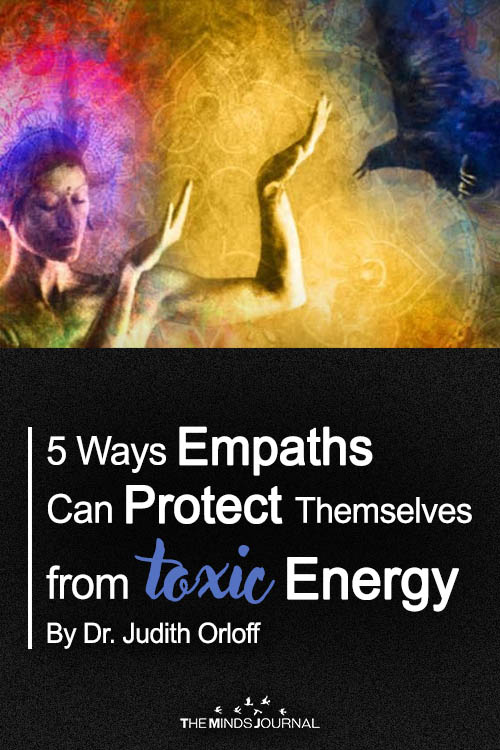
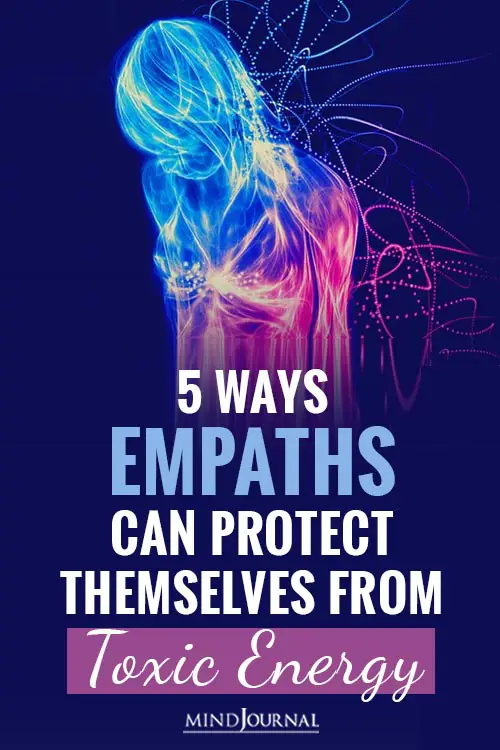
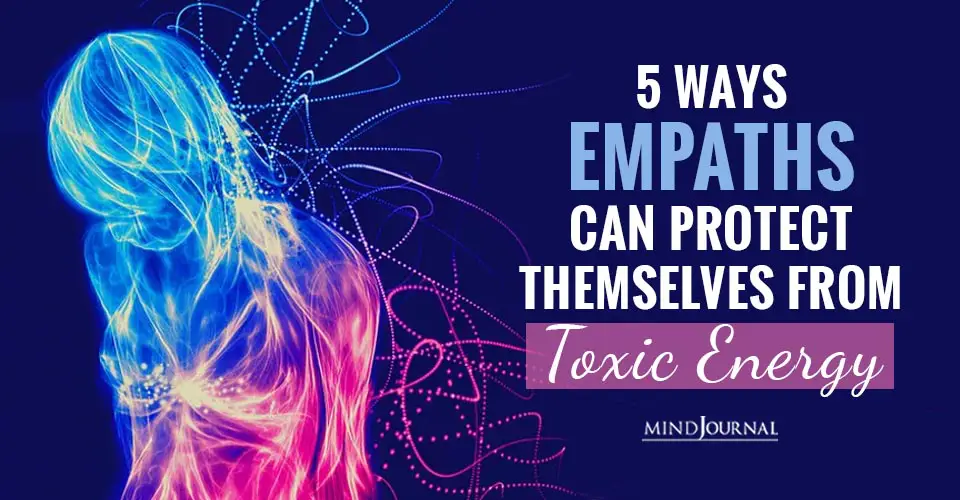
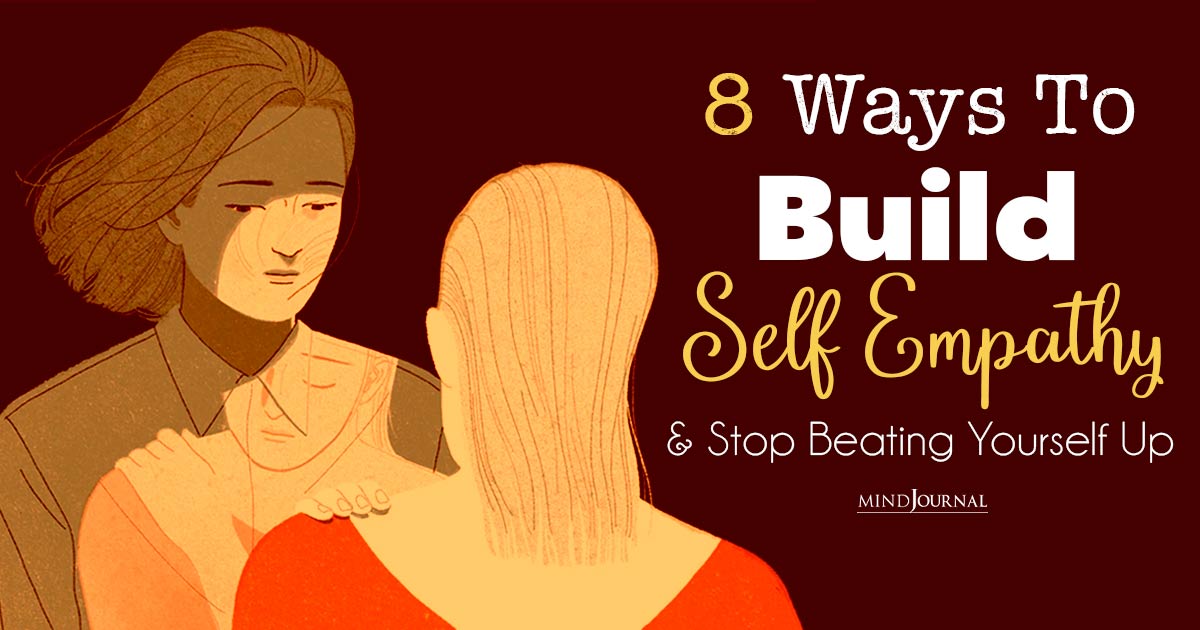

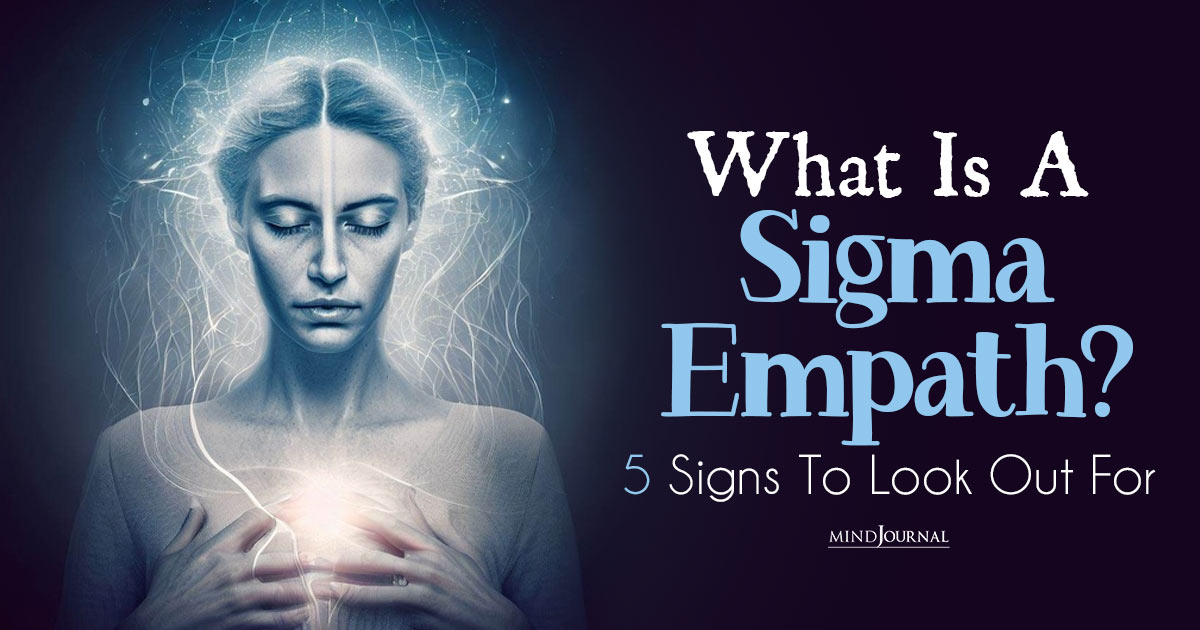
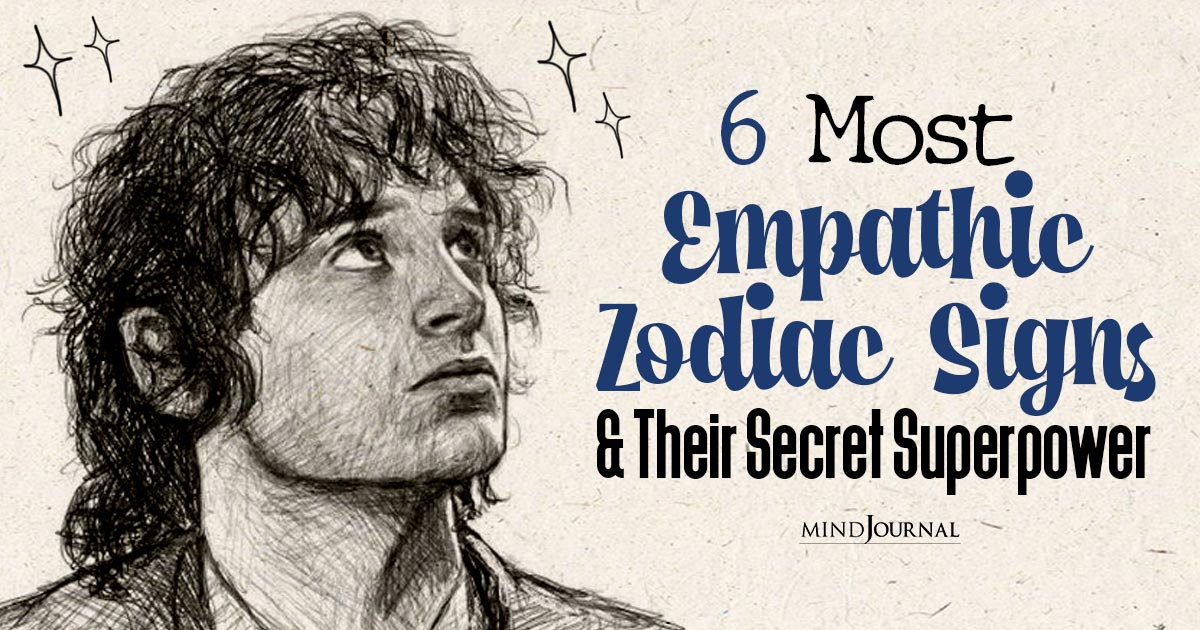

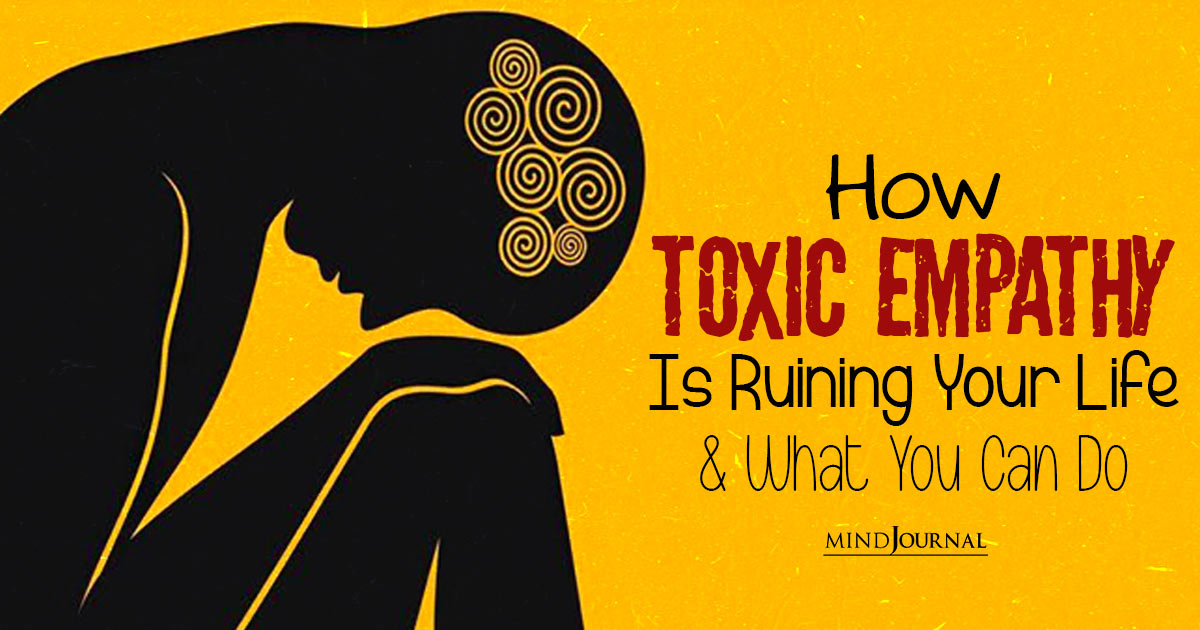
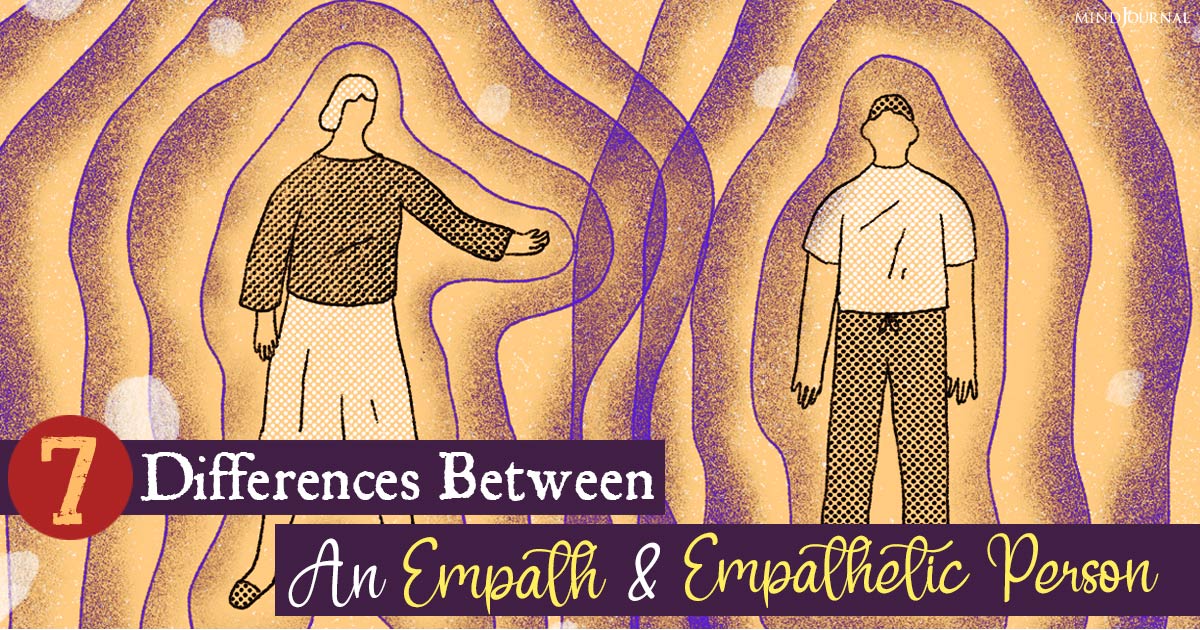
Responses
Extremely insightful,